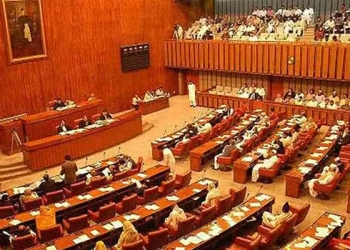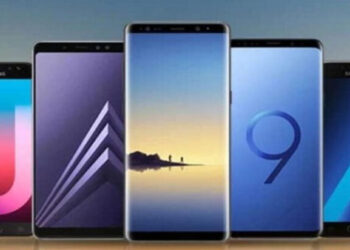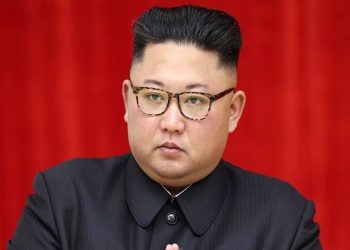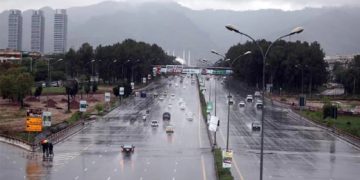I was a mere child when your father passed away on this very day 24 years ago. Growing up I never came across his name. As a Pakistani child, I certainly knew who our nation’s heroes were, for school and society made sure of that; Allama Iqbal’s dream gave us land to call home, Quaid-e-Azam’s struggle secured it, Rashid Minhas gave his life to safeguard it, Abdul Sattar Edhi helped that poverty struck living within it. Yet, the name of a physicist Dr. Mohammad Abdus Salam wasn’t one carved onto the national identity plaque.
Studying science at school shed no light on your father’s work either. We learned that Thomas Edison invented the light bulb and the apple fell on Newton. We memorized Einstein’s E=mc2 even if the formula’s significance remained a puzzle. No book mentioned Dr. Abdus Salam. The name occasionally cropped up if someone mentioned the Nobel Prize but was quickly brushed aside without any further explanations.
To this day, uttering your father’s name in a gathering draws mixed responses ranging from discomfort to disdain, when it should in fact solely evoke a sense of pride. After attaining the highest marks ever recorded for the Matriculation Examination at the University of Punjab, Dr. Abdus Salam’s arrival at St. John’s College, Cambridge on scholarship for a BA in mathematics and physics was no small feat.
In a period still colored by distasteful colonial inclinations of the orient as inferior, Dr. Salam receiving the Smith’s Prize for the most outstanding pre-doctoral contribution to physics was a moment that redefined how the world would and should see a brown-skinned man from Pakistan. An even bigger victory became him sharing the 1979 Nobel Prize in Physics with Sheldo Glashow and Steven Weinberg for his contribution to the electroweak unification theory. At that moment, Pakistan became a country the world would associate with a brilliant mind.
Over four decades have now passed since our nation received its first Nobel Prize courtesy of your father. Yet no street, no building, no day is marked to celebrate Dr. Salam’s achievements.
In 2016, then Prime Minister Nawaz Sharif approved the renaming of the National Centre for Physics at Quaid-e-Azam University after Dr.Abdus Salam. He also initiated a grant for five annual PhD students from Pakistan under the Professor Abdus Salam Fellowship program. However, even this small recognition received much backlash.
The Council of Islamic ideology decried renaming the QAU department to the Professor Abdus Salam Centre for Physics. Nawaz Sharif’s son-in-law Captain Safdar, was also critical of the move deeming it ‘dangerous’ on the floor of the national assembly. Even in death, Dr. Abdus Salam faced the same struggle as he did when alive. Physicist Pervez Hood boy recalls him being invited to lecture at the very same university and then being denied entrance for his Ahmadi faith. ‘We will break your legs’ the Jamat-e-Islami boys told him. And so Dr. Salam’s accomplishments were cast aside solely in the name of religion.
Non-Muslims too have equal rights within Pakistan. Quaid-e-Azam once famously said: ‘You may belong to any religion, caste or creed—that has nothing to do with the business of the state.’ Yet, the Ahmedi sect being declared non-Muslims in 1974 suddenly rendered your father a pariah in his own homeland. Dr. Salam’s religion cast a long and dark shadow on his achievements: his Nobel Prize, his globally acclaimed research, his knowledge, his potential, his role in helping Pakistan attain nuclear energy. It was all quickly, systematically and tragically scrubbed away from the annals of national progress.
As an ordinary citizen of the Islamic Republic of Pakistan, I apologize for denying your father his rightful place in our history of heroes and high achievers; his portrait still hangs today at Cambridge University alongside other renowned figures but is denied dignity on our own landmarks. And this denial will always be our silent shame. Dr. Salam should have been celebrated as our nation’s pride for his achievements whether he was a Muslim, Hindu, Christian or atheist. His religion was not our business.



























